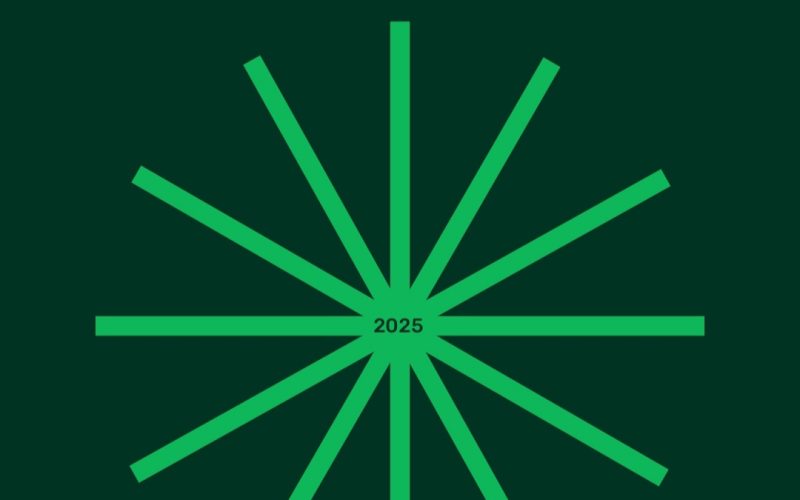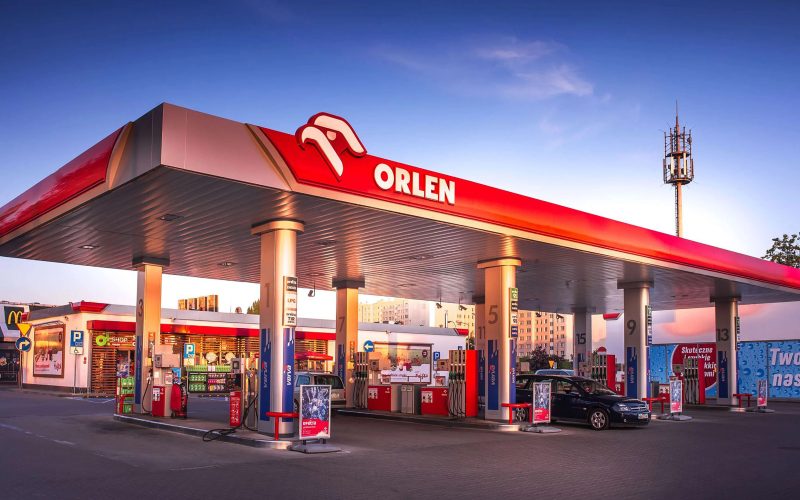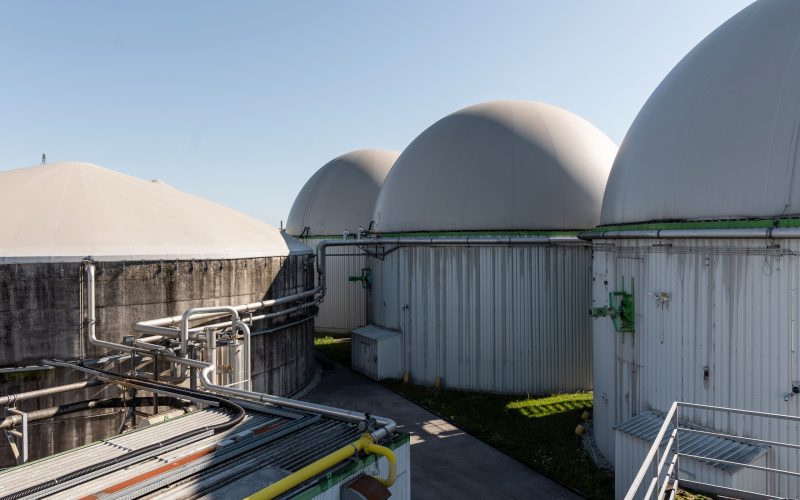BioCNG is the future of public transport
Tallinn is expanding the use of bioCNG for city buses.
Currently, Tallinna Linnatransport Peterburi CNG on-street filling station has 120 filling blocks and two high-speed filling stations that can meet the needs of 200 vehicles. The bioCNG production capacity at the Estonian Aravete biogas facility was increased this year from 800 Nm3 per hour of biogas input to 1000 Nm3/h by adding additional membranes to the biogas upgrader.
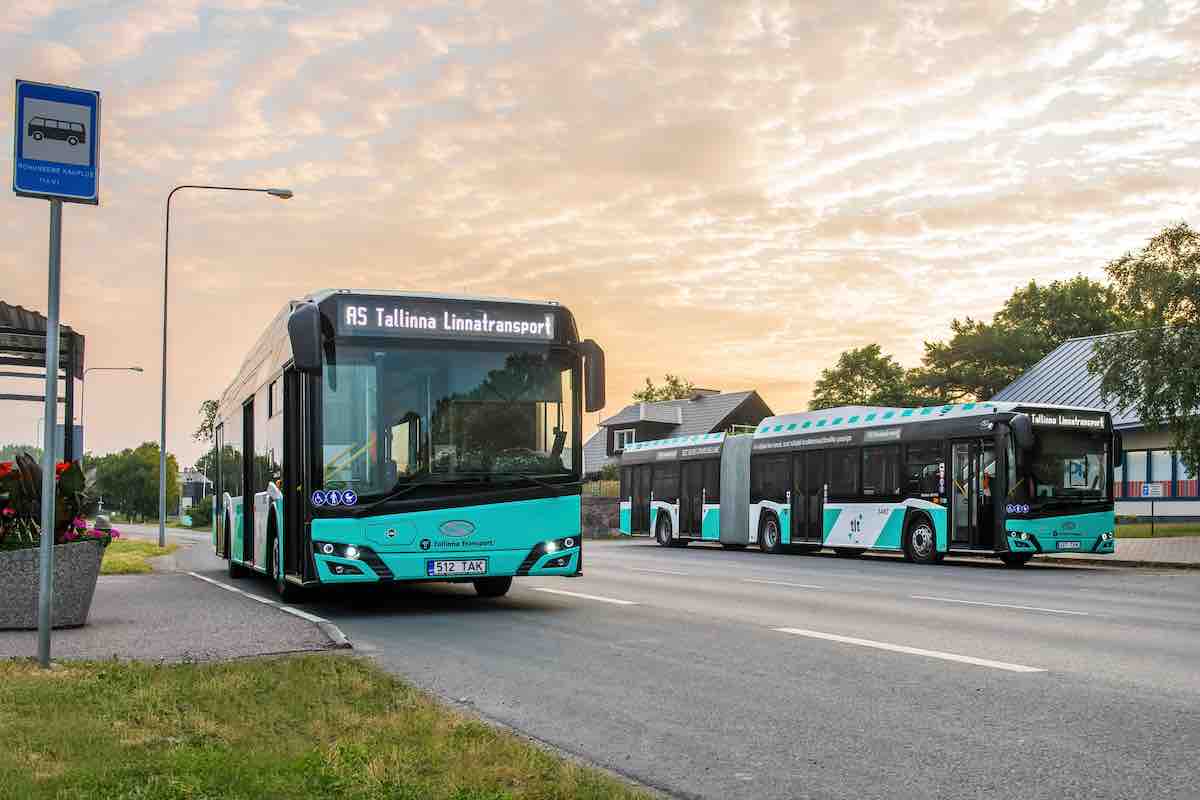
The bioCNG project is implemented by Bioforce Infra together with Verston Ehitus. Domestic bioCNG is produced using Bright biogas upgrading technology from Dutch suppliers HoSt.
Bioforce will supply bioCNG using virtual pipeline technology. This greatly expands the capabilities of bioCNG.
Technology
Biogas is produced from the anaerobic digestion (AD) of cow manure. This biogas needs to be cleaned, upgraded into biomethane aka renewable natural gas (RNG), and compressed into bioCNG.
After compression to bioCNG, the fuel can be stored and transported. Through a virtual pipeline, the bioCNG is transported to the Peterburi street CNG filling station in Tallinn.
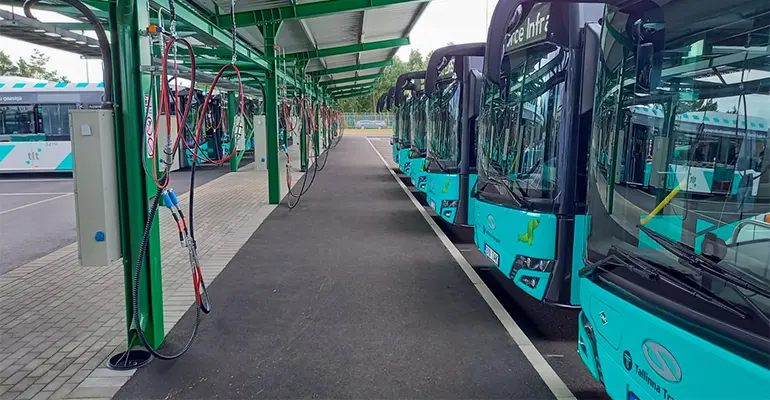
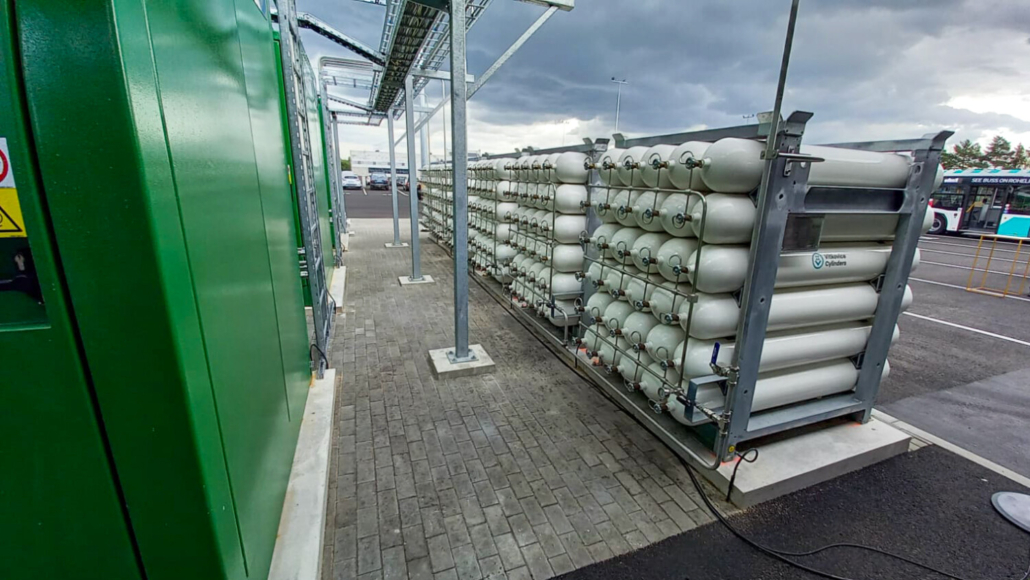
Virtual bioCNG pipeline
The virtual pipeline is a technology that is used in production sites where there is no pipeline, network infrastructure, or gas station.
Using a virtual pipeline, bioCNG is transported to a CNG filling station in Tallinn.
Plans
In the nearest future, it is planned to increase the capacity to 1,200 nm3/h of incoming biogas. The new additional production of bioCNG will be implemented at the Ebavere biogas plant, and it is expected to be completed in the third quarter of 2023. The Ebavere project will be able to upgrade 800 nm3/h of biogas to biomethane quality with the possibility of expansion to 1200 nm3/h.
Source: Bioenergy International.
